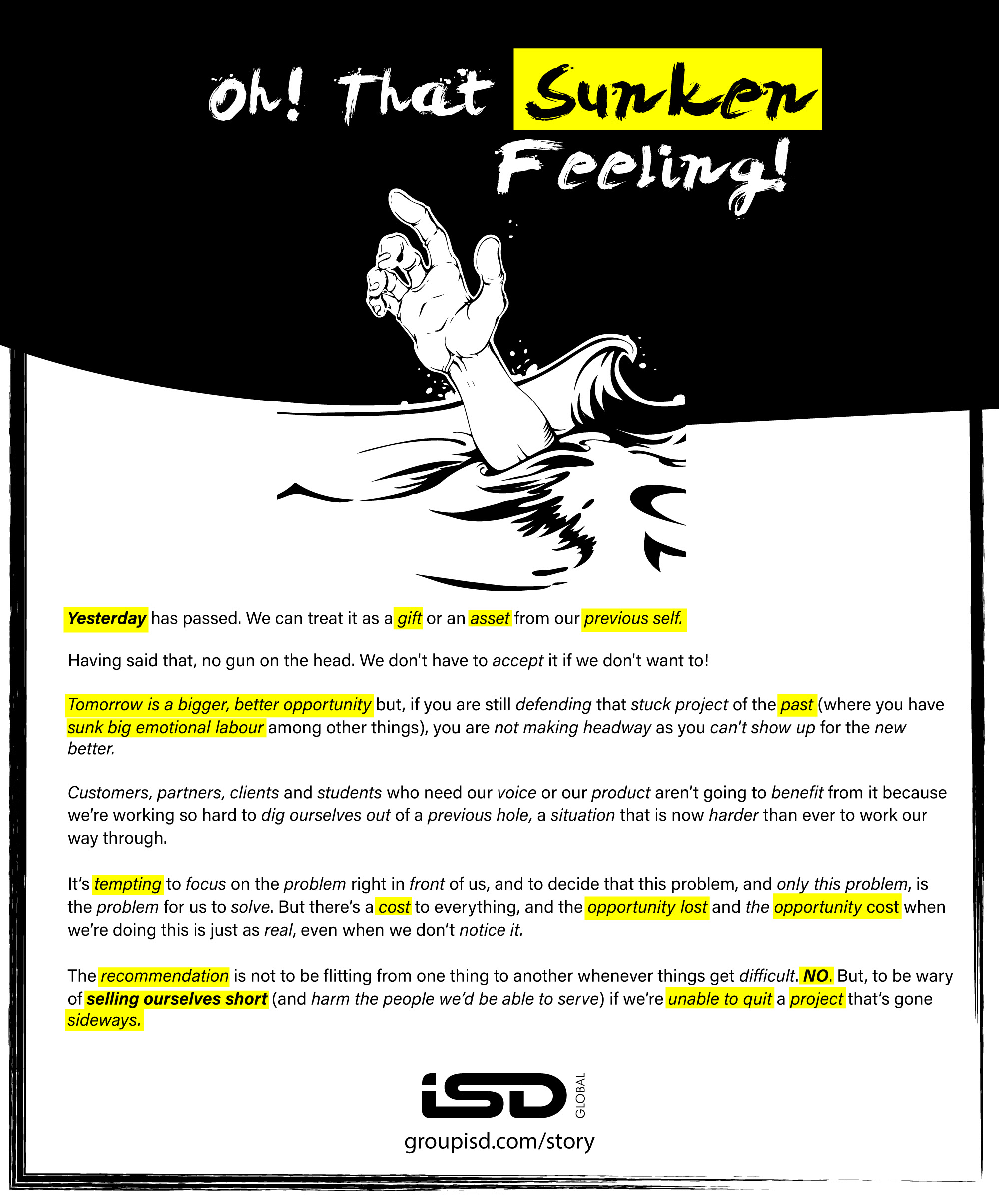Our culture seems to applaud the spirit, gumption and promise of beginnings. We admire the entry, when people launch themselves into something new, plan and execute a new project, take on important work, get married, embark on an adventure( if you see a connect between marriage and adventure and the natural sequence in which it got written here, good for you!). These are likely to be moments of hope, optimism, possibilities, expectations as we compose the next chapter for ourselves. We give kudos to someone who is entrepreneurial, who paves a path for herself, who has a plan for what’s next and can plot the strategy to move from here to there. Almost as if to say they have all been co-authors of ” What got you here won’t get you there “. Actually, a book written by
By contrast, our exits are often ignored or invisible. They seem to represent the negative spaces of our life narratives. There is little appreciation or applause when we decide( or when it is decided for us) that it is time to move on. We often slink away in the night, hoping that no one will notice, that the darkness will make the departure disappear. If the entry recalls a straight and erect posture, a person who is strong and determined, then we imagine a person stooped, weakened, and despairing as she makes her exit.
This cultural regard or stereotyping of exit is troublesome in a society where leave-taking are the norms, where for example, multiple marriages end in divorce forcing tortured exits, publicly exposed and privately endured, where millions of immigrants leave their domicile(exiting the place where their lives and families have been rooted) to find their ‘pot of gold’ in completely unchartered waters, rupturing their cultural traditions and practices, where demographics predict that our young adults will not have ten jobs but ten careers- and it will be crucial that they learn not just the art of beginning anew but also the grit and grace of good exits, where in these tough economic times, the agony of exits seem to be the dominant narrative, where the depleted job market forces young graduates to move back under their parents’ roofs, postponing the exits that were long planned and producing a developmental condition that psychologists have begin to describe-pejoratively-as a ” failure to launch “. And the last nail in the coffin(forgive the pun here) is the inevitable exit of death that begs for more clear-eyed and respectful attention, more beautiful rituals and cultural honoring.

Visual reminders of exits surround us each day of our lives, guiding our moves, anticipating our turns, flashing directions to us. Be it the parking lot or the flight attendant demonstrating or the fake voice on our GPS- the exits glowing white letters on green metal- mark distance, time, effort, belonging( exit 39 on Sh Zayed Road in Dubai brings back fond memories for me as I dropped my daughter off to her school every morning). Whether it is a theatre director following the playwrights cue telling actors when to exit(left or right of stage) or accepting the fate of the lousy hand a poker player was dealt when he “folds”, leaving the table and exiting on his own terms, the reminders are omnipresent.
Exits as we can see are ubiquitous, marking the physical landscapes we inhabit, embedded in our language and metaphors, embroidered into the historical narrative of nations, braided into the sequence and arc of our individual development, shaped by the contemporary scene of our economic crises and global mobility and laced into the intergenerational tensions and discourses in our families and communities. Perhaps it is the very ordinariness, familiarity and ubiquity of our experiences of exit that make them invisible to us. And perhaps it is our overvaluing of the launch, the promise of entry, and the hopefulness of beginning, that render our exits ignoble by contrast.
” Every exit is an entry somewhere else “- Tom Stoppard
So, what is your exit strategy?
Au revoir !

I was only 22 when I became a Merchant Navy officer. Sailed as Radio Officer for Singapore’s National Carrier – Neptune Orient Lines. 8.5 years sailing the world. Sailing out of port was more of a relief in comparison to the exercise of arrival to a port. For ship’s crew, it is a period of rest, after hours (and perhaps days) of toil.
In the metaphorical context of ships entering and leaving ports, the phrase “every exit is an entry somewhere else” holds significant meaning. When a ship departs from a port, it signifies the end of one part of its journey, but it also heralds the beginning of a new adventure. As the ship sails away, it leaves behind the familiarity and comfort of the port, venturing into the vast unknown of the sea.
Similarly, in our own lives, we often find ourselves in situations where we need to leave behind what is familiar, secure, or comfortable. Just like ships, we embark on new journeys, leaving behind old routines, relationships, or environments. It may be challenging and uncertain, but it is through these departures that we open ourselves up to new opportunities, personal growth, and unforeseen horizons.
When ships arrive at a new port, they are greeted with the anticipation of discovery, connection, and potential. In the same way, when we embrace change or step into new environments, we encounter fresh perspectives, experiences, and possibilities that we couldn’t have imagined before.
– Patric Rozario
Excellent analogy Patric, thanks so much for putting it out there